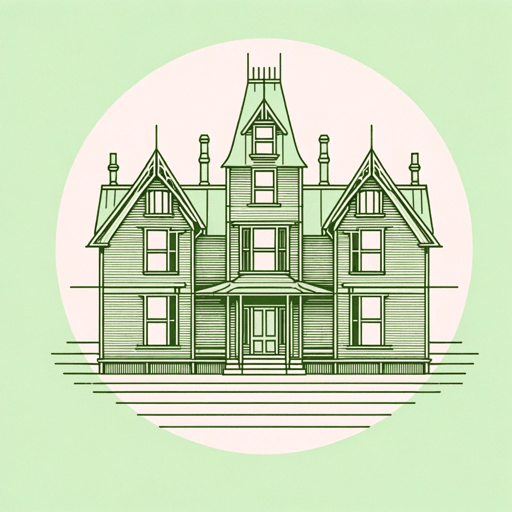55 pages • 1 hour read
Nathaniel HawthorneThe House of the Seven Gables
Fiction | Novel | Adult | Published in 1851A modern alternative to SparkNotes and CliffsNotes, SuperSummary offers high-quality Study Guides with detailed chapter summaries and analysis of major themes, characters, and more.
Important Quotes
“The street is Pyncheon-Street; the house is the old Pyncheon-house; and an elm tree of wide circumference, rooted before the door, is familiar to every town-born child by the title of the Pyncheon-elm.”
(Chapter 1, Page 1)
The narrator’s description of the setting presents the house and its immediate surroundings not through architectural features, but through the ubiquity of the Pyncheons’ presence and ownership of the town. Street, house, and tree bear their name, and this designation immediately suggests the importance of the family’s legacy, as they have left their mark on their immediate surroundings.
“The aspect of the venerable mansion has always affected me like a human countenance, bearing the traces not only of outward norm and sunshine, but expressive also of the long lapse of mortal life, and accompanying vicissitudes, that have passed within.”
(Chapter 1, Page 5)
The narrator’s description of the house as affecting him “like a human countenance” and his insistence that it is “expressive” of “mortal life” and the “accompanying vicissitudes” that have taken place within its walls emphasizes the symbolic important of the house: It is not just a physical setting, but an embodiment of the complicated human behaviors and emotions that have shaped it (See: Symbols & Motifs).
“The mode of his death, too, affects the mind differently, in our day, from what it did a century and a half ago. It was a death that blasted with strange horror the humble name of the dweller in the cottage, and made it seem almost a religious act to drive the plough over the little area of his habitation, and obliterate his place and memory from among men.”
(Chapter 1, Page 7)
The narrator exists in the present moment of the narrative, attempting at the same time to understand, without excusing, the killing of Matthew Maule. Maule is executed after being accused of witchcraft in the midst of the Salem witch trials, and the narrator links the execution of Maule directly to the clearing of Maule’s land, which Colonel Pyncheon then seizes.
Related Titles
By Nathaniel Hawthorne

Dr. Heidegger's Experiment
Nathaniel Hawthorne

Ethan Brand
Nathaniel Hawthorne

My Kinsman Major Molineux
Nathaniel Hawthorne

Rappaccini's Daughter
Nathaniel Hawthorne
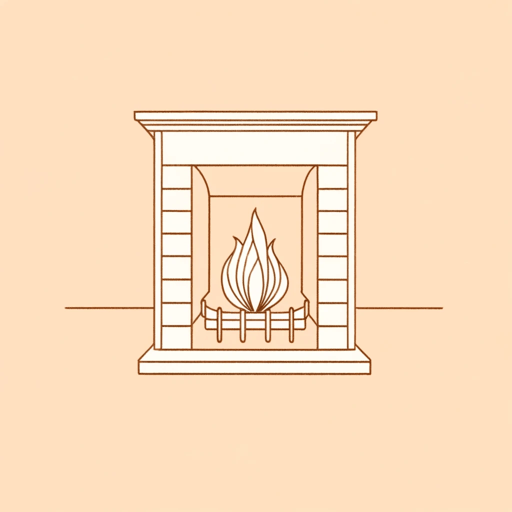
The Ambitious Guest
Nathaniel Hawthorne

The Artist of the Beautiful
Nathaniel Hawthorne

The Birthmark
Nathaniel Hawthorne

The Blithedale Romance
Nathaniel Hawthorne
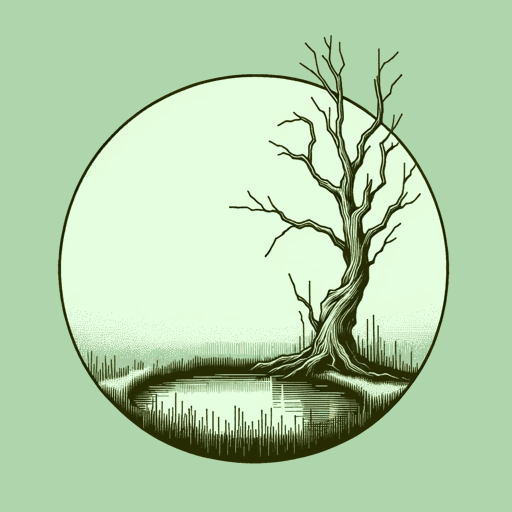
The Hollow of the Three Hills
Nathaniel Hawthorne

The Marble Faun
Nathaniel Hawthorne
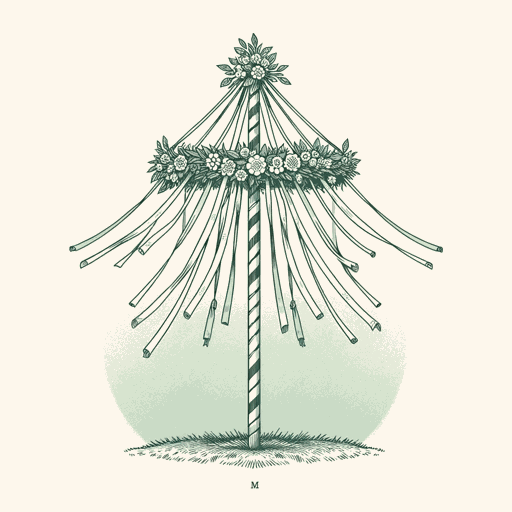
The Maypole Of Merry Mount
Nathaniel Hawthorne
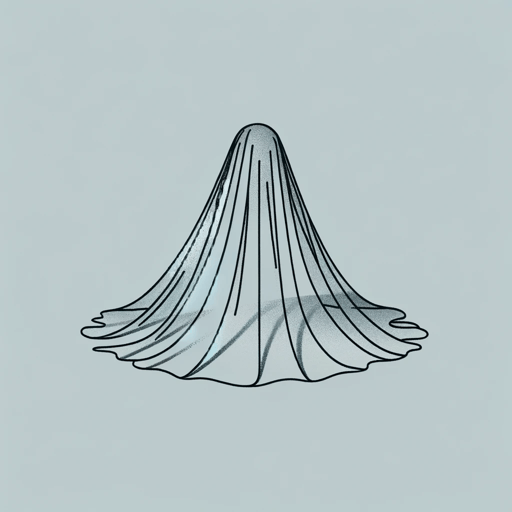
The Minister's Black Veil
Nathaniel Hawthorne

The Scarlet Letter
Nathaniel Hawthorne

The Wives of the Dead
Nathaniel Hawthorne

Young Goodman Brown
Nathaniel Hawthorne
